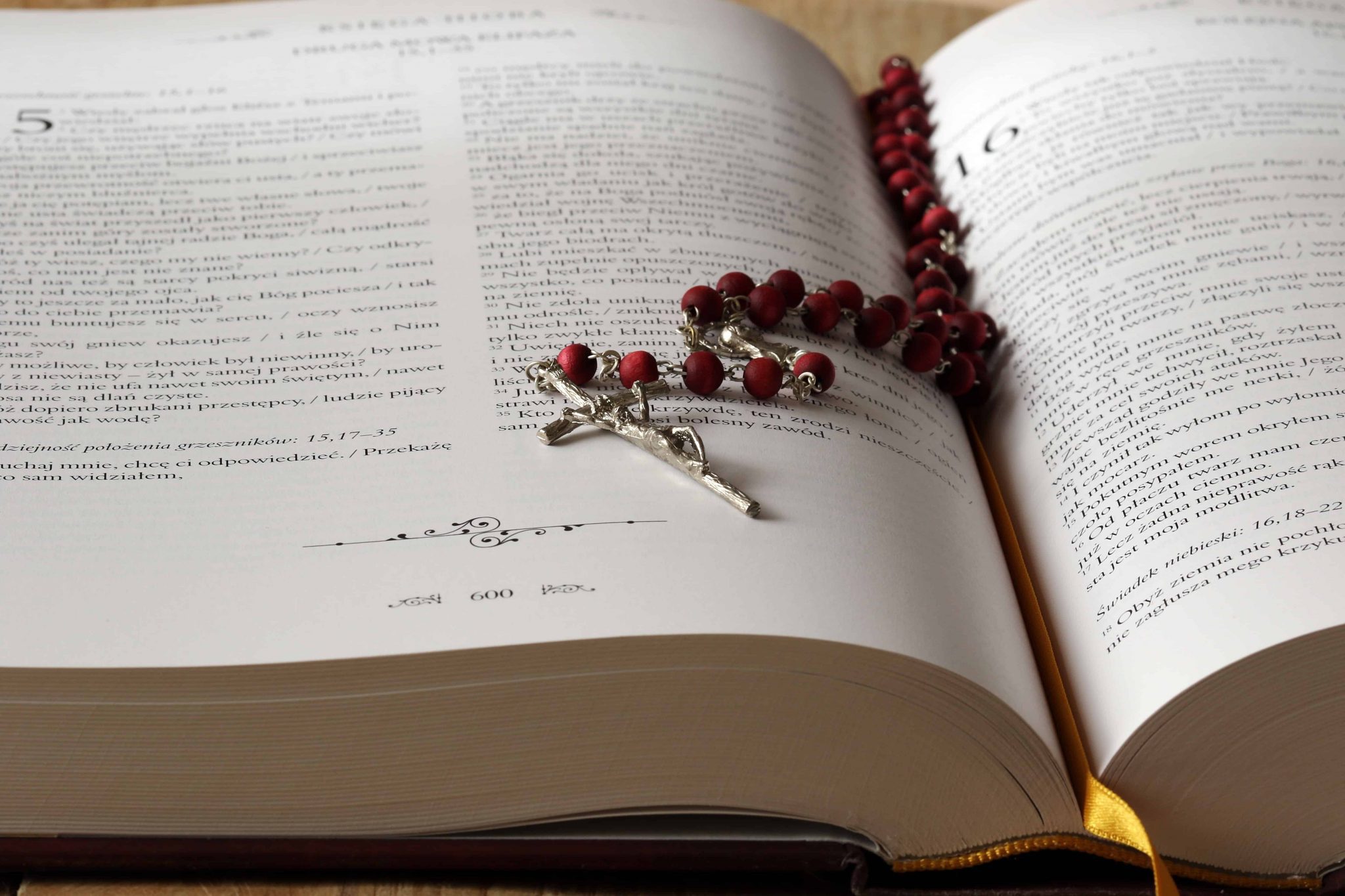Second Sunday in Ordinary Time
This Sunday’s gospel shows our reluctance to leave the Christmas season behind. It tells of the third of the ‘manisfestations’ of Jesus associated with the Christmas season, the others being the Epiphany and the Baptism of the Lord.
They key to understanding the place of today’s gospel in our liturgy is the statement that ‘He let his glory be seen.’ The Gospel of John contains seven major signs by which the true identity of Jesus, his glory, is made known. The transformation of water into wine tells us that Jesus brings a new time, a time of richness and fulfillment. An enormous amount of wine is provided. Although the ‘hour’ of Jesus, the hour of his death and resurrection, has not yet come, this sign is a pointer towards the ‘glory’ of Jesus.
The role of the mother of Jesus, who is addressed by Jesus as ‘Woman’, is significant. As in the stories of Jesus’ birth, so here in John, she collaborates with God’s ways in a humble and self-giving manner. She is the woman of the new covenant, as Eve was the woman of the old.
Feast of the Baptism of the Lord
Luke offers us a vision of the baptism of Jesus that differs in several ways from that of Mark. Luke paints a picture of people wondering about the messiah. He depicts a Jesus who, the last to be baptised by John, is praying when the Holy Spirit descends on him in bodily form like a dove. Then the heavenly voice speaks. After he is anointed Messiah, Jesus’ public ministry, his life as God’s faithful son confronting the darkness in the world, his life as God’s faithful servant confronting the reality of suffering in the world, begins. Note that not all of John’s disciples followed Jesus. What about us? Do we forget the link Luke draws between the Spirit and prayer in today’s gospel? Do we identify Jesus as God’s Son? Are we ready to welcome Jesus into our hearts at the start of this New Year? Are we ready to accept him as Lord of the year ahead and walk with him in his ways of prayer and service?
The Epiphany of the Lord
The story of the magi carries with it an extraordinary richness. In it the evangelist teaches us about the mission of the Son of God. Jesus is ‘made manifest’ (epiphany = manifestation) as Messiah not only for his own people, but for those who come ‘from the east’, for all the peoples of the earth. At the same time this is the Messiah heralded by the prophets. The Scriptures are fulfilled.
This Messiah is born into danger, as the cruel tyrant, known to history as ‘Herod the Great’, is the first to threaten his life. The gift of myrrh alludes to the death he is to suffer. The presentation of gifts from the peoples of the world completes the Christmas scene. The magi represent the nations, but also the age-old quest among the peoples of the earth for true wisdom. This wisdom is found in Christ.
The Holy Family of Jesus, Mary and Joseph
Apart from the stories about Simeon and Anna and their impact on Mary and Joseph, today’s gospel focusses attention on the growth of the Christ-child to maturity and wisdom at the heart of his family. As a fully human child Jesus, like all of us, had to grow physically, mentally, emotionally and spiritually. He also grew in wisdom (the Greek word used by Luke includes insight, skill and intelligence). That is how he was able to bring benefit to others and glory to God. And the best way to grow like that is as a cherished person in a loving family given every opportunity to grow and develop. That is how we understand the achievement of Jesus who reveals the wholeness proper to each stage of human development. Look at your family with appreciation today and pray for all children to be nurtured and cherished, surrounded by peace, love, tenderness and care. Then pray blessings on your own children and grandchildren, nieces and nephews, and all the other members of your own family and those of your neighbours and friends.
